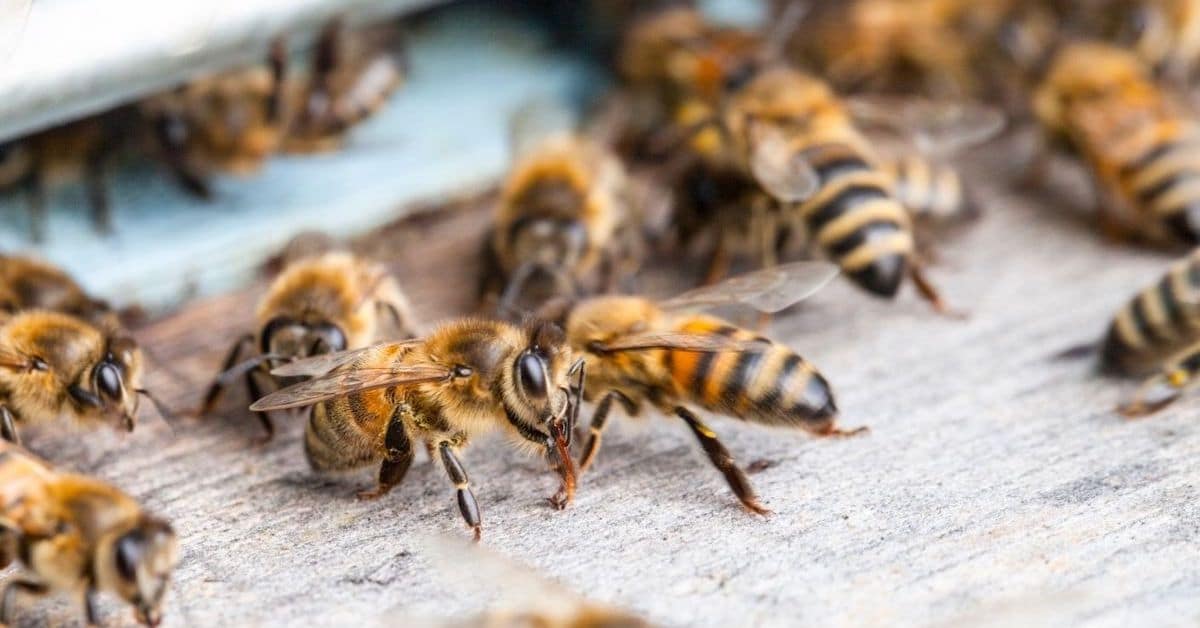




Neonicotinoid pesticides, introduced in the 1990s, have been pivotal in increasing crop yields, with AgInfomatics reporting an increase of up to 71.3%. However, their widespread use has raised significant concerns regarding their impact on pollinators and the environment. As of February 2024, 22 EU member states, along with Switzerland and several US states including New Jersey, Maine, and Nevada, have implemented restrictive bans on these pesticides. Despite these bans, the EU exported 81,615 tons of banned pesticides in 2022, primarily to Brazil, highlighting ongoing regulatory challenges [144f48ab].
The detrimental effects of neonicotinoids on pollinators are alarming, with the EPA reporting in 2023 that over 200 endangered species are at risk due to pesticide exposure. Pollinators play a crucial role in agriculture, contributing approximately $16 billion annually to the US economy and $190 billion globally. The neonicotinoid market itself is significant, contributing over $4.5 billion annually to the economies of the US and Canada [144f48ab].
In a recent address at a Penn State Extension event, entomologist Patricia Prade emphasized the importance of protecting all 4,500 U.S. bee species, including 560 found in Pennsylvania. Honeybees, while crucial for U.S. agriculture, are less efficient pollinators compared to solitary bees. Prade noted that pesticides pose a major threat to pollinators, alongside pathogens, pests, and poor nutrition. Best practices for pesticide application include timing sprays in the evening, avoiding applications during bloom, and opting for low-toxicity pesticides [8c3c6de9].
The European Union's ban on neonicotinoids since 2013 has had economic repercussions, costing the rapeseed industry an estimated $977 million. Despite the bans, countries like Belgium, Spain, and Germany continue to export these harmful pesticides, complicating international efforts to protect pollinators [144f48ab].
In the United States, the evaluation of neonicotinoid use is being conducted on a state-by-state basis, reflecting a fragmented approach to regulation. Political agendas and a lack of comprehensive data hinder effective regulatory measures. Solutions proposed include the adoption of non-chemical alternatives and a complete ban on the trade of neonicotinoids [144f48ab].
Signs of pesticide exposure in bees include disorientation and an inability to forage, underscoring the need for growers to communicate with neighbors, particularly beekeepers, about their pesticide plans. As the conversation around pollinator health continues to evolve, it is crucial to balance agricultural productivity with environmental sustainability. The integration of native plants and pollinator gardens, as discussed in various initiatives, can help mitigate the negative impacts of pesticides while supporting biodiversity [23d34356][3854d40e][8c3c6de9].
In light of these developments, the importance of pollinator gardens and native plantings is underscored. These initiatives not only provide habitats for pollinators but also promote a more sustainable approach to gardening and agriculture, aligning with the goals of National Pollinator Week and broader environmental conservation efforts [a236e3cf].